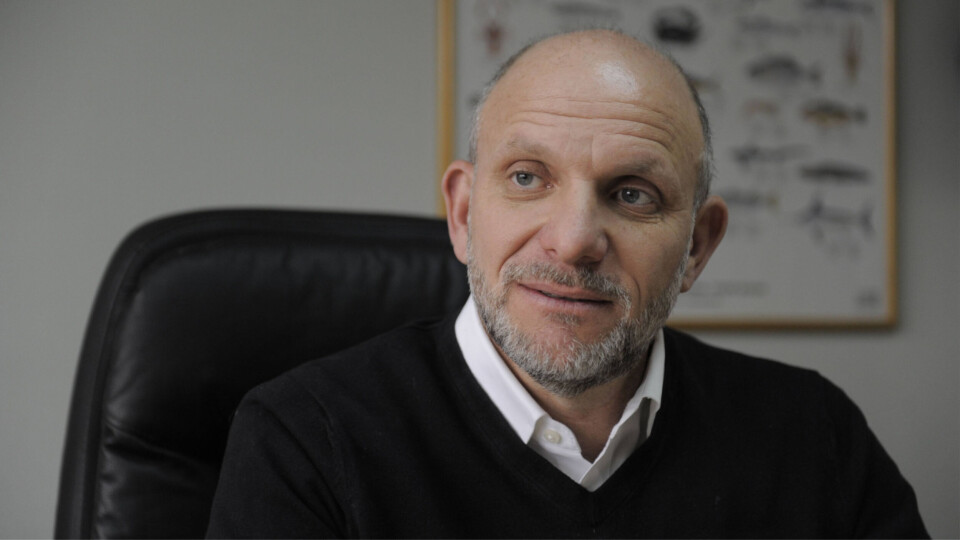
$30m salmon protein plants planned for southern Chile
A Chilean company is to invest US $30 million in two plants to convert farmed salmon by-products and silage into proteins for animal nutrition.
Marine ingredients firm Landes intends to build the hydrolysate plants around 25km from the city of Punta Arenas, near the southern tip of Chile.
Landes was itself a salmonid farmer, in addition to its fishing operations, until it sold the farming division to Friosur in 2012.
By-products
One of the proposed plants will process by-products generated in salmon farming in the Magallanes region, to obtain peptones and fish oil. Peptones are soluble proteins formed in the early stage of protein breakdown.
The other plant will process salmon silage to obtain oil, fishmeal and liquid protein.
The peptone process plant will have a capacity to process 150 tonnes per day of by-products generated in processing plants. The silage plant will have a capacity to process 66 tonnes a day of silage.
‘Significant tonnage’
In an interview with Fish Farming Expert’s Chilean sister site, Salmonexpert, Landes general manager Andrés Fosk said that after analysing the structure of the sector, “we noted that there is a significant tonnage travelling to northern regions of Magallanes to be processed, which seems to us to be a less than optimal situation in sanitary and economic terms”.
“This is our first process plant of this type, because the ones we have today work with fishery resources, and we bet on it in view of the lack of capacity in the Magallanes region, where the salmon industry is growing significantly.”
The initiative will create a maximum of 100 jobs in its construction phase and up to 66 for its operation.























































